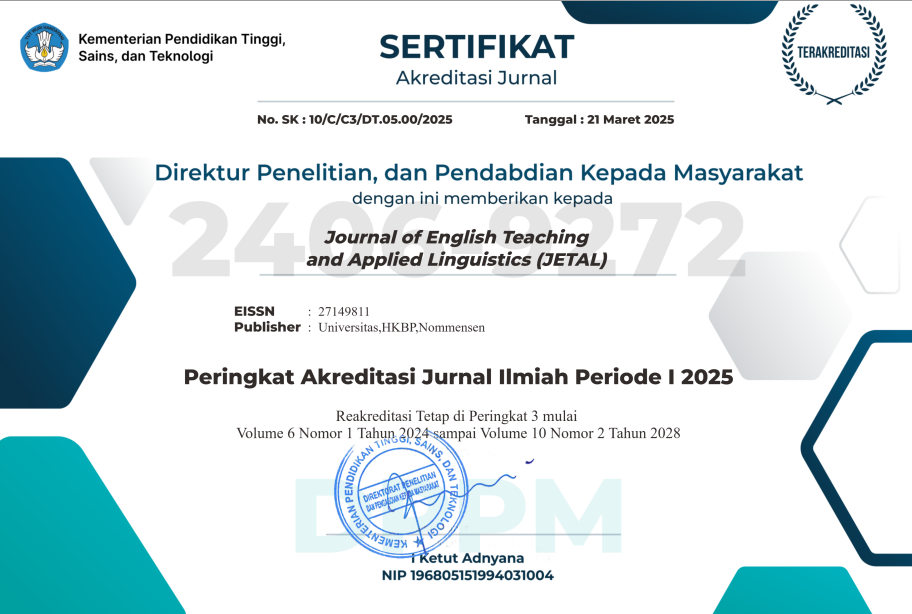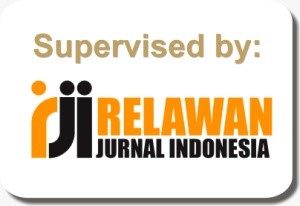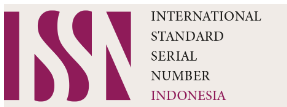The Effect of EFL Teachers’ Participation in Professional Development Program on The Change of Their Teaching Behaviour
Abstract
Professional Development Program (PDP) is essential for effective education, especially for teachers. Teachers' participation in PDP can improve their skills in many aspects, such as instructional strategy practice, performance, and teaching behaviour. This study aimed to determine whether or not there is a significant effect of EFL teachers' participation in PDP on their teaching behaviour. There were 101 EFL teachers who were involved in the study. The data were collected by using Teaching and Learning International Survey (TALIS) questionnaire from Organisation for Economic Co-operation and Development (OECD). This study showed that there is a significant effect of PDP on EFL teachers' teaching behaviour.
References
Anwar, S., & Nawaz, M. H. (2020). A Study of the Effect of Teachers’ Behavior on Students’ Academic Achievement at Secondary Schools Level. Elementary Education Online, 19(2), 1293–1297.
Bachtiar. (2019). The Effect of Professional Development on Indonesian EFL Teachers’ Self-Efficacy. Journal of English Education and Development, 2(2), 64–80.
Borg, S. (2018). Evaluating the Impact of Professional Development. RELC Journal, 49(2), 1–22.
Cirocki, A., & S.C.Farrell, T. (2019). Professional Development of Secondary School EFL Teachers: Voices from Indonesia. System Journal, 85.
Fauth, B., Decristan, J., Decker, A.-T., Büttner, G., Hardy, I., Klieme, E., & Kunter, M. (2019). The effects of teacher competence on student outcomes in elementary science education: The mediating role of teaching quality. Teaching and Teacher Education, 86, 1–14.
Huang, H.-P., & Shih, Y.-H. (2017). A Study of Primary School Teachers’ Attitudes toward Teacher Evaluation for Professional Development and Teaching Effectiveness in the Remote Districts. EURASIA Journal of Mathematics Science and Technology Education, 13(9), 5949–5960.
Khulaifiyah. (2017). The Importance of Professional Development Activities To Professional Development. Journal of English Education, 3(1), 73–80.
Maulana, R., & Helms‑Lorenz, M. (2016). Observations and student perceptions of the quality of preservice teachers’ teaching behaviour: construct representation and predictive quality. Learning Environments Research, 19, 335–357.
Mizell, H. (2010). Why Professional Development Matters. Oxford, US: Learning Forward.
Mohammadi, M., & Moradi, K. (2017). Exploring Change in EFL Teachers’ Perceptions of Professional Development Mohammad
Mohammadi Khaled Moradi. Journal of Teacher Education for Sustainability, 19(1), 22–42.
Pössel, P., Rudasil, K. M., Adelson, J. L., Bjerg, A. C., Wooldridge, D. T., & Black, S. W. (2013). Teaching Behavior and Well-Being in Students: Development and Concurrent Validity of an Instrument to Measure Student-Reported Teaching Behavior. The International Journal of Emotional Education, 5(2), 5–30.
Priajana, N. (2017). Self and Group Initiated Professional Development Pursuits of EFL Teachers. IJEE (Indonesian Journal of English Education), 4(1), 31–48.
Weber, K., Martin, M., & Patterson, B. (2010). Teacher behavior, student interest and affective learning: putting theory to practice. Journal of Applied Communication Research, 29(1), 71–90.
Weli, D. S. E., & Ollor, A. N. (2021). Teachers’ Participation In Professional Development Programme And Its Impediments For Quality Instructional Delivery In Secondary Schools In Rivers State. International Journal of Innovative Education Research, 9(1), 1–8.
Authors retain copyright and grant the journal right of first publication with the work simultaneously licensed under a Creative Commons Attribution-ShareAlike 4.0 International License (CC BY-SA 4.0) that allows others to share the work with an acknowledgment of the work's authorship and initial publication in this journal.
Authors are able to enter into separate, additional contractual arrangements for the non-exclusive distribution of the journal's published version of the work (e.g., post it to an institutional repository or publish it in a book), with an acknowledgment of its initial publication in this journal.
Authors are permitted and encouraged to post their work online (e.g., in institutional repositories or on their website) prior to and during the submission process, as it can lead to productive exchanges, as well as earlier and greater citation of published work (See The Effect of Open Access).






